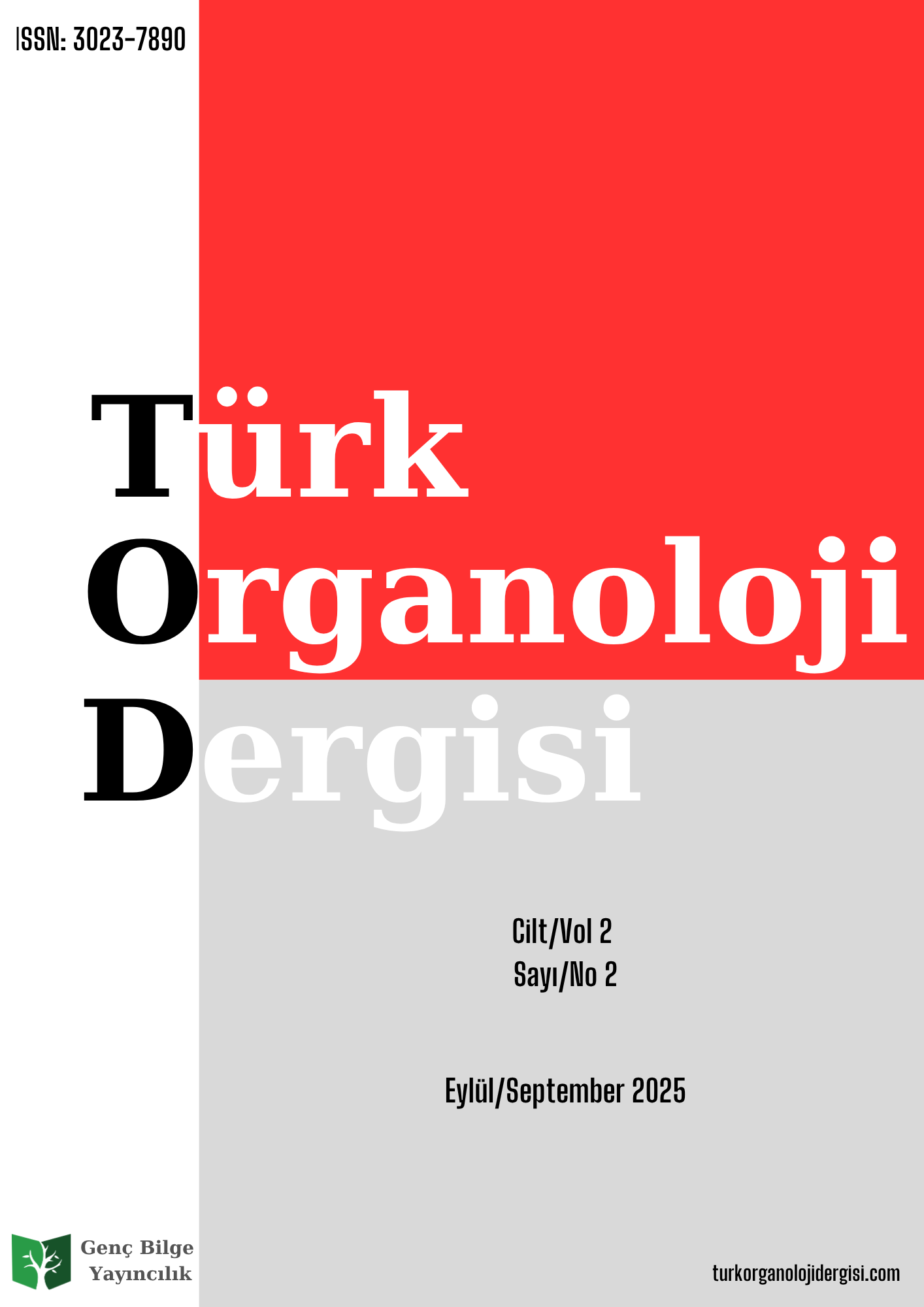Unified Kanun: A new instrument model from the perspective of Turkish and Western organology
DOI:
https://doi.org/10.5281/zenodo.17592650Keywords:
Hybrid instruments, Instrumental innovations, Organology, Turkish musical culture, Unified KanunAbstract
This study focuses on a new instrument model developed within the framework of Turkish musical culture and the science of organology, called the Unified Kanun. Designed by integrating two kanuns into a single body, this instrument transcends the performance possibilities of the traditional kanun, offering expanded technical capacities. This article examines in detail the rationale behind the emergence of the Unified Kanun, the patenting process, and findings based on academic research. The fundamental feature of the Unified Kanun is that the playing responsibility of both hands can be undertaken by a single hand, while allowing simultaneous modification of levers (mandals) in different octaves. This innovation facilitates polyphonic performance and makes it possible to play works from diverse musical disciplines, including guitar and piano repertoires. From the perspective of Turkish organology, the naming of the Unified Kanun aligns with traditional naming practices observed in instruments such as the Yaylı Tanbul and the Cümbüş. From the perspective of Western organology, it corresponds to the “combined/unified” instrument approach described in the classification system of Curt Sachs and Erich von Hornbostel. In this regard, the Unified Kanun maintains terminological accuracy in both local and universal contexts. The Unified Kanun is not only a technical innovation but also an original model that contributes to the literature of organology. This article thus introduces a novel approach with the potential to enrich both Turkish musical culture and the international field of organological studies.
Downloads
Published
Issue
Section
License
Copyright (c) 2025 Journal of Turkish Organology

This work is licensed under a Creative Commons Attribution-NonCommercial-NoDerivatives 4.0 International License.




